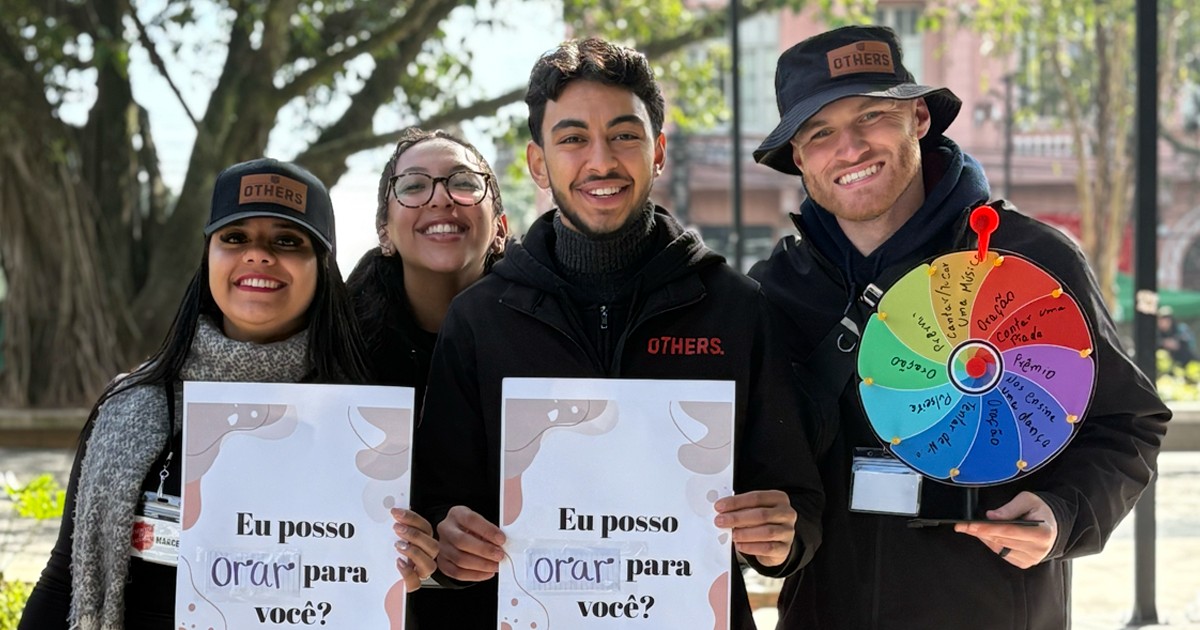***
Soon after Montreal Citadel relocated to its new premises, Colonel Eleanor Shepherd, corps officer, was visited by a fellow pastor. When his nearby church had been unable to purchase the property that is now home to Montreal Citadel, his congregation prayed that the Lord would put another church in its place.
“We saw the renovations and knew that our prayers had been answered,” he told Colonel Shepherd. “We were so happy. We prayed for you because we knew you were coming.”
“That beautiful gesture confirmed the wisdom of the move in my mind,” she says. “I knew this is where we should be.”
Rise, Decline and Rise
The history of Montreal Citadel is a reflection of the changing nature of Quebec. When it opened in 1884, the congregation was primarily anglophone. But in the wake of the language wars and referendums of the late 20th century, Quebec's anglophone population steadily declined, and Montreal Citadel's congregation declined with it. By the time the Army sold the downtown Drummond Street structure to Alcan in 2007, the church only had 80 people in attendance.
Montreal Citadel and Quebec Divisional Headquarters were relocated to a nondescript building southwest of the city core. With city zoning laws forbidding them to advertise that the building was a church, many were convinced the citadel would soon have to close its doors forever.
Instead, the opposite occurred.
“With the influx of Spanish-speaking immigrants to Montreal, a Salvationist was inspired to offer ESL courses at the citadel even before our move,” Colonel Shepherd says. “Then the decision was made to offer an immigrant and refugee program. Family services informed new arrivals who came, liked what they saw and, in turn, told their friends and family.”
As a result of this interaction, Montreal Citadel's population doubled in seven years and, by the time the lease terminated in 2014, the congregation had outgrown the building.
Rebirth
Divisional headquarters relocated downtown overlooking McGill University and Montreal Citadel moved southwest of the city centre near the Lachine Canal, home to many of the new immigrants who were already attending the church. One third of the congregation are new immigrants from Latin America and the corps is home to 29 different nationalities. Volunteer interpreters simultaneously translate church services every Sunday.
The renovated location boasts a large sanctuary and ample office space for childcare facilities and family services. An immigrant and refugee office is conveniently located right outside the sanctuary, and the facility is a short walk to the subway.
Even more important, the surrounding neighbourhood has welcomed the new church with open arms.
“At Easter, we hosted cadets from CFOT who went door to door,” Colonel Shepherd says. “People were thrilled to realize we had moved into the neighbourhood.
“One lady who lived up the street had been a Salvationist in Eastern Canada but had stopped attending church,” continues Colonel Shepherd. “The citadel is now her church home.”
One morning as Colonel Shepherd was making her way to her office, a man stopped her outside the door and announced, “I'd like to volunteer.”
“He'd never attended our church before,” she explains. “People are always dropping in and asking how they can help.”
In fact, so many people have offered their services that one of Colonel Shepherd's main prayer concerns now is to find a volunteer co-ordinator to handle the demand.
For Colonel Shepherd, Montreal Citadel's new life has confirmed they are on the right track.
“God's not finished with us yet.”
Montreal Citadel
Click thumbnails to view photos.
[AFG_gallery id='2']










Leave a Comment